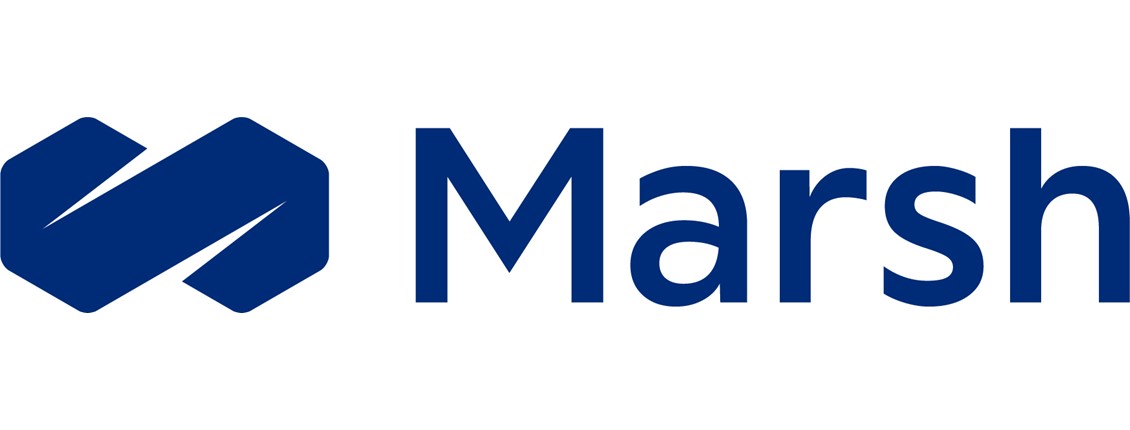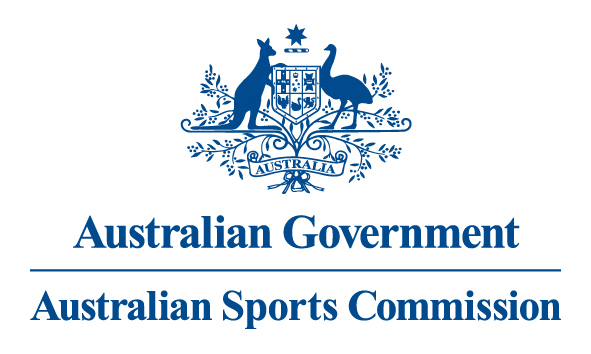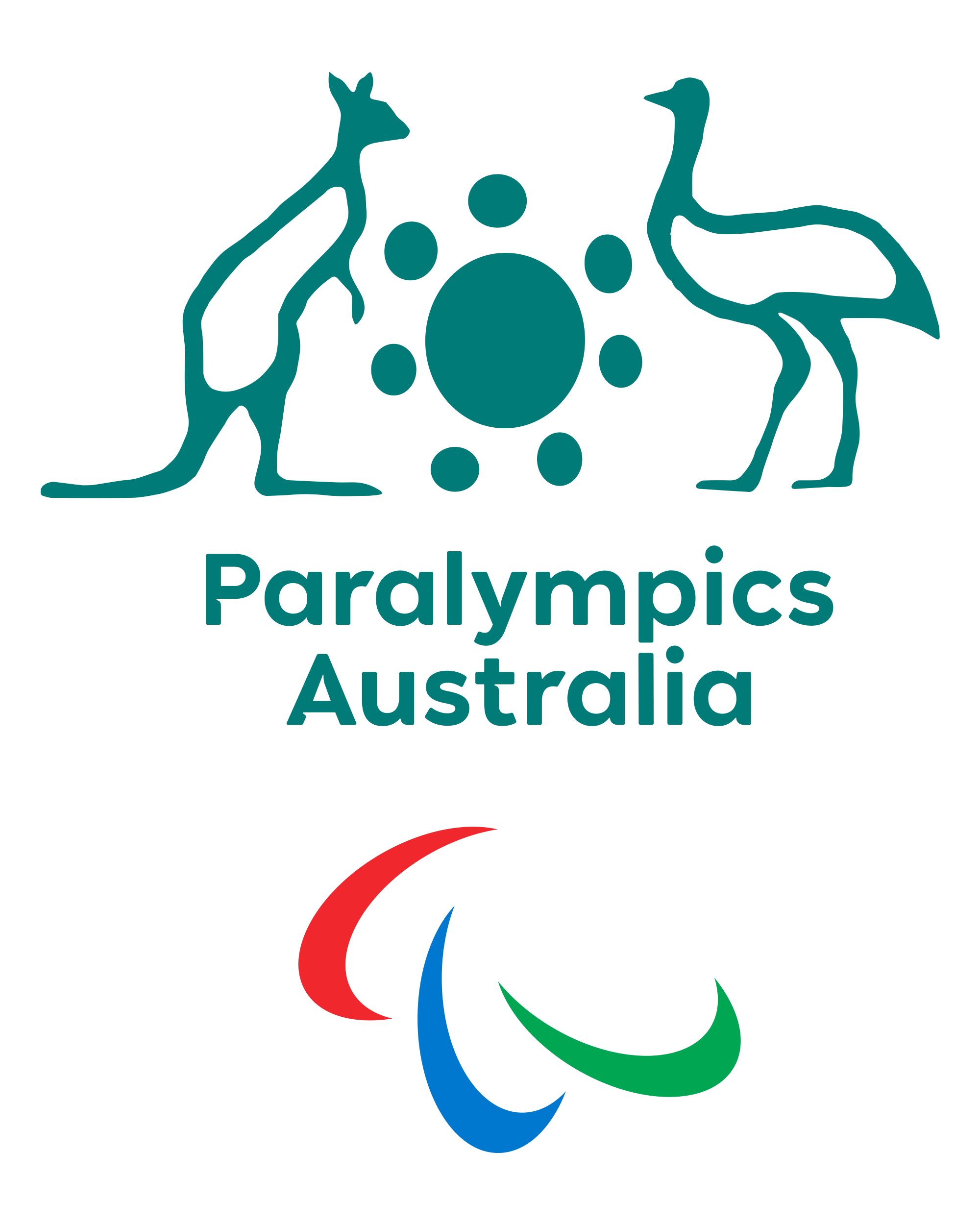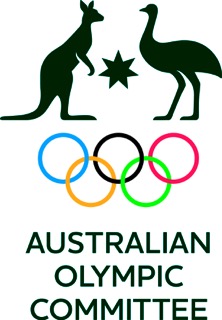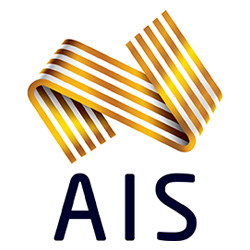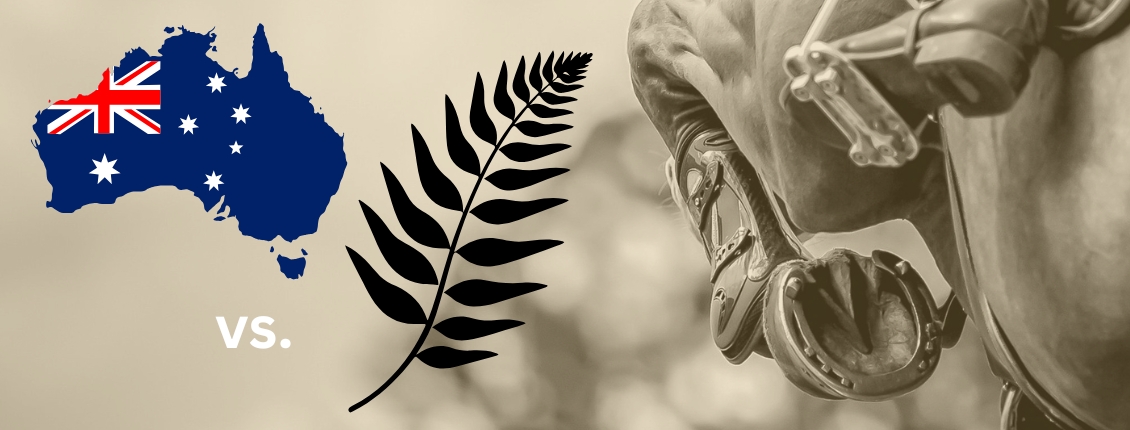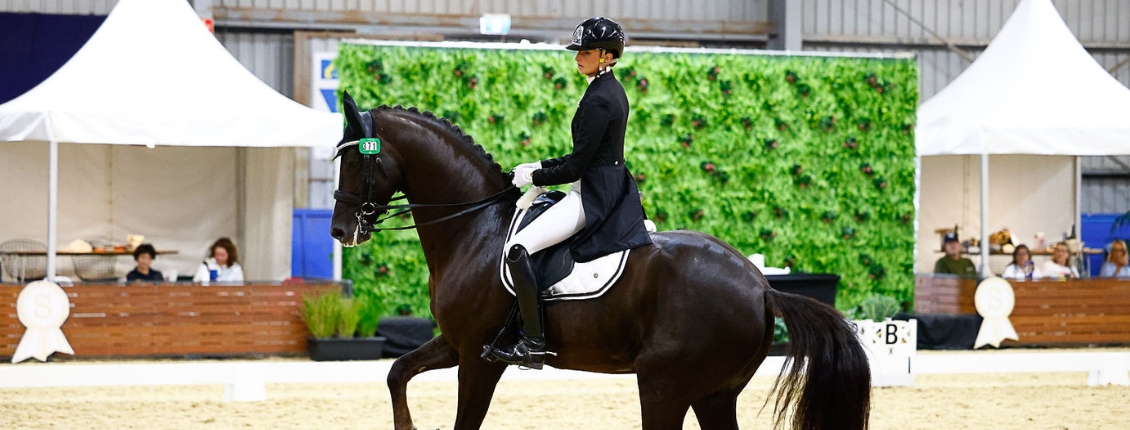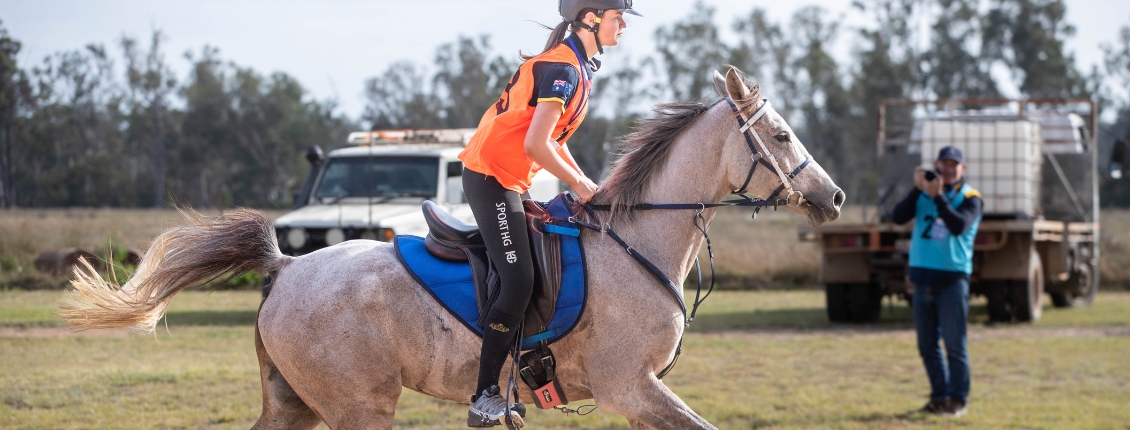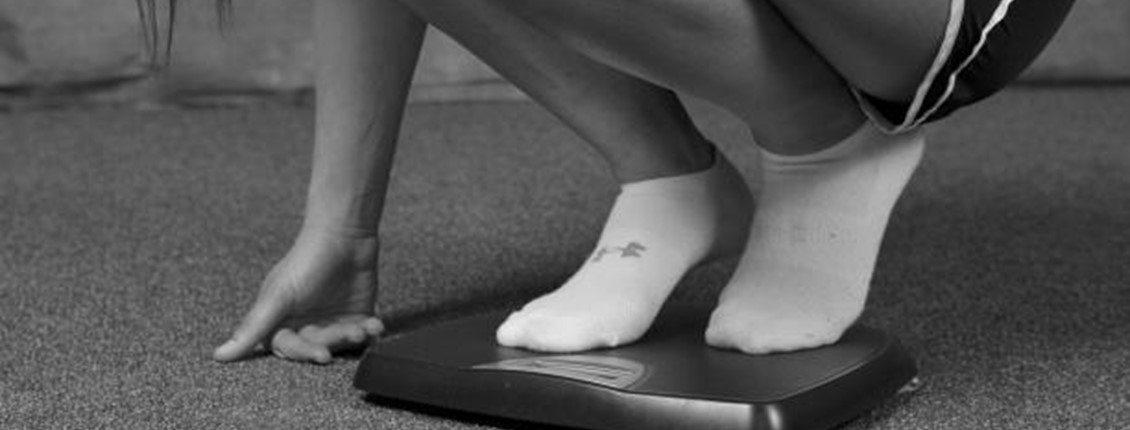
Spotlight on Disordered Eating in Sport
The Australian Institute of Sport (AIS) and National Eating Disorders Collaboration (NEDC) have launched a call to action around awareness of poor self-image and poor body image among high-performance athletes, with the release of the AIS-NEDC Disordered Eating in High Performance Sport position statement and supporting resources.
The position statement assists sporting organisations to address this serious, but often misunderstood area, enabling them to recognise that disordered eating can occur in any athlete, in any sport, at any time.
Incorporating the most contemporary evidence-based information, the AIS and NEDC have collaborated to provide the toolkit of resources for sporting organisations to improve understanding of the signs and symptoms of disordered eating and be in a better position to refer athletes to seek additional help. The toolkit includes a dedicated website, policy templates, workshop delivery and other practical resources.
AIS Chief Medical Officer Dr David Hughes says one of the key recommendations is for all sporting organisations to develop a sport-specific disordered eating policy.
“Disordered eating and eating disorders occur commonly in the general community and sport is a microcosm of society. Due to the nature of high-performance sport we know that there is a higher prevalence of disordered eating and eating disorders in athletes compared to non-athletes,” said Dr Hughes.
“Disordered eating is extremely complex and can affect the mental and physical health, as well as the performance of athletes.
“To help foster a healthy sport system for all athletes, we believe all sporting organisations should have a disordered eating policy in place that is tailored to suit the needs of their organisation and athletes.”
Paralympian Jessica Smith, who lived with an eating disorder for many years during her international swimming career, says everyone has a part to play in the early identification and prevention of disordered eating.
“As with many mental illnesses, there is still this stigma in society that may be preventing athletes from seeking help,” said Smith.
“Education and conversation across the whole high-performance sport environment will hopefully encourage anyone who needs help to come forward.”
NEDC National Director Dr Beth Shelton says the position statement and supporting resources have been developed with the health and wellbeing of athletes at the forefront.
“The AIS is providing vital leadership by generating conversation about disordered eating and eating disorders in the high-performance sporting environment, and by providing resources to help promote athletes’ mental and physical wellbeing.” said Dr Shelton.
“The guidelines and resources that have been developed will help everyone who works directly with athletes to better understand the warning signs, or red flags, and be in a stronger position to support athletes to seek help if they need.”
The full position statement can be found on the website www.ais.gov.au/disorderedeating along with videos, FAQs, templates and other practical resources.

